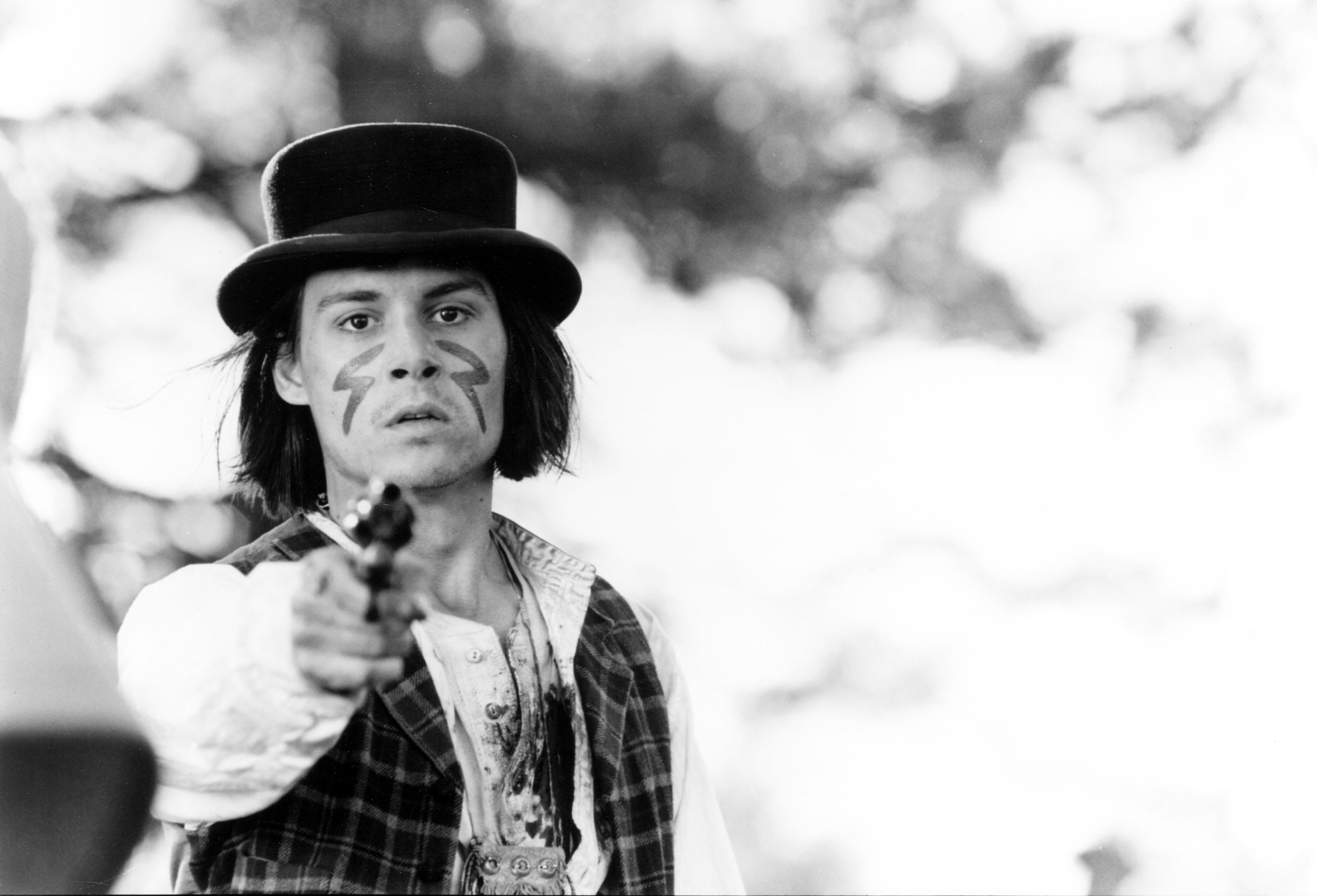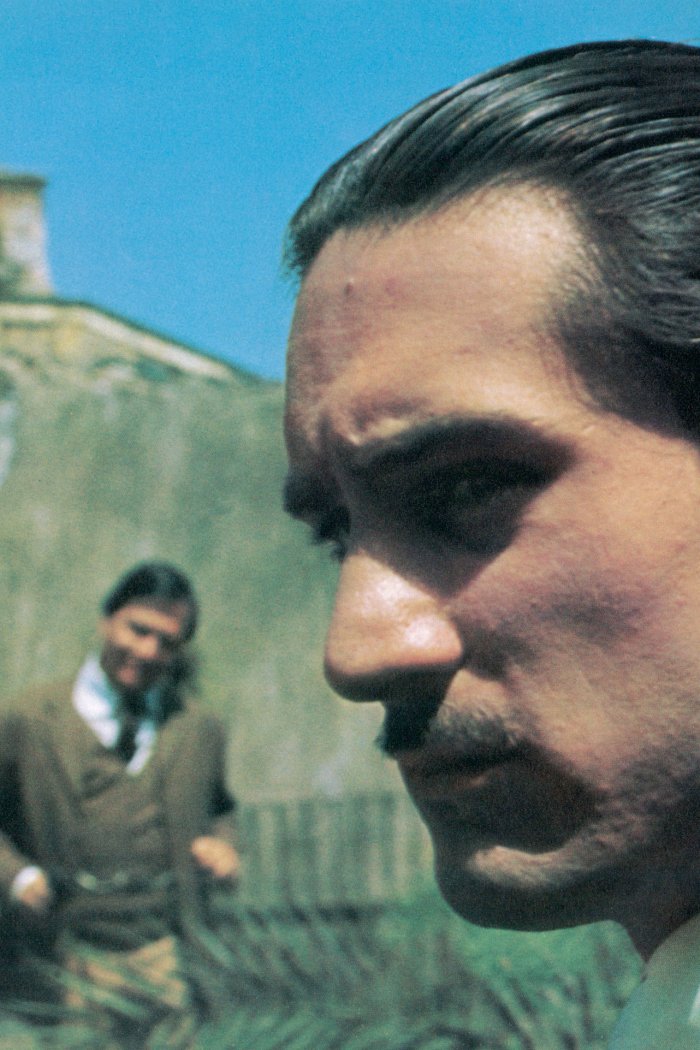The old American West was a place of bleak poetry, of people dying tragically young, of rugged, unwelcoming landscapes and self-righteous settlers thinking nothing of calling stolen land their own. In Jim Jarmusch’s Dead Man, Johnny Depp is William Blake—but not that William Blake—a meek late-19th-century accountant in a plaid suit, newly arrived in a desolate town called Machine. On his first night there, he becomes the third party in a lover’s altercation and kills a man, though the encounter also leaves him with a bullet lodged deep in his chest. He will have to die, sooner rather than later. But before he does, he meets a Native American—played, with huge reservoirs of both dry humor and grandeur, by Gary Farmer—who goes by the name of Nobody. Nobody has tried and failed to dig the bullet from William’s flesh. He has also decided that William is the reincarnation of the poet he adores—yes, that William Blake—and he takes it upon himself to guide his new friend peacefully toward death. Depp’s performance here is marvelous, shifting between austere gentleness and fierce vitality. As he makes his way out of the land of the living, with Nobody’s help, his transformation is hardly peaceful: it’s a metaphor for everything America was built on. This is a place that, for all its achievements, has never fully reckoned with its bloody past. Jarmusch’s film, a reverie in stark, velvety black-and-white, contemplates that legacy—though it also takes time to wonder at the sky, with its shooting stars and rain-heavy clouds, and accept its benediction.
- Cybersecurity Experts Are Sounding the Alarm on DOGE
- Meet the 2025 Women of the Year
- The Harsh Truth About Disability Inclusion
- Why Do More Young Adults Have Cancer?
- Colman Domingo Leads With Radical Love
- How to Get Better at Doing Things Alone
- Michelle Zauner Stares Down the Darkness





